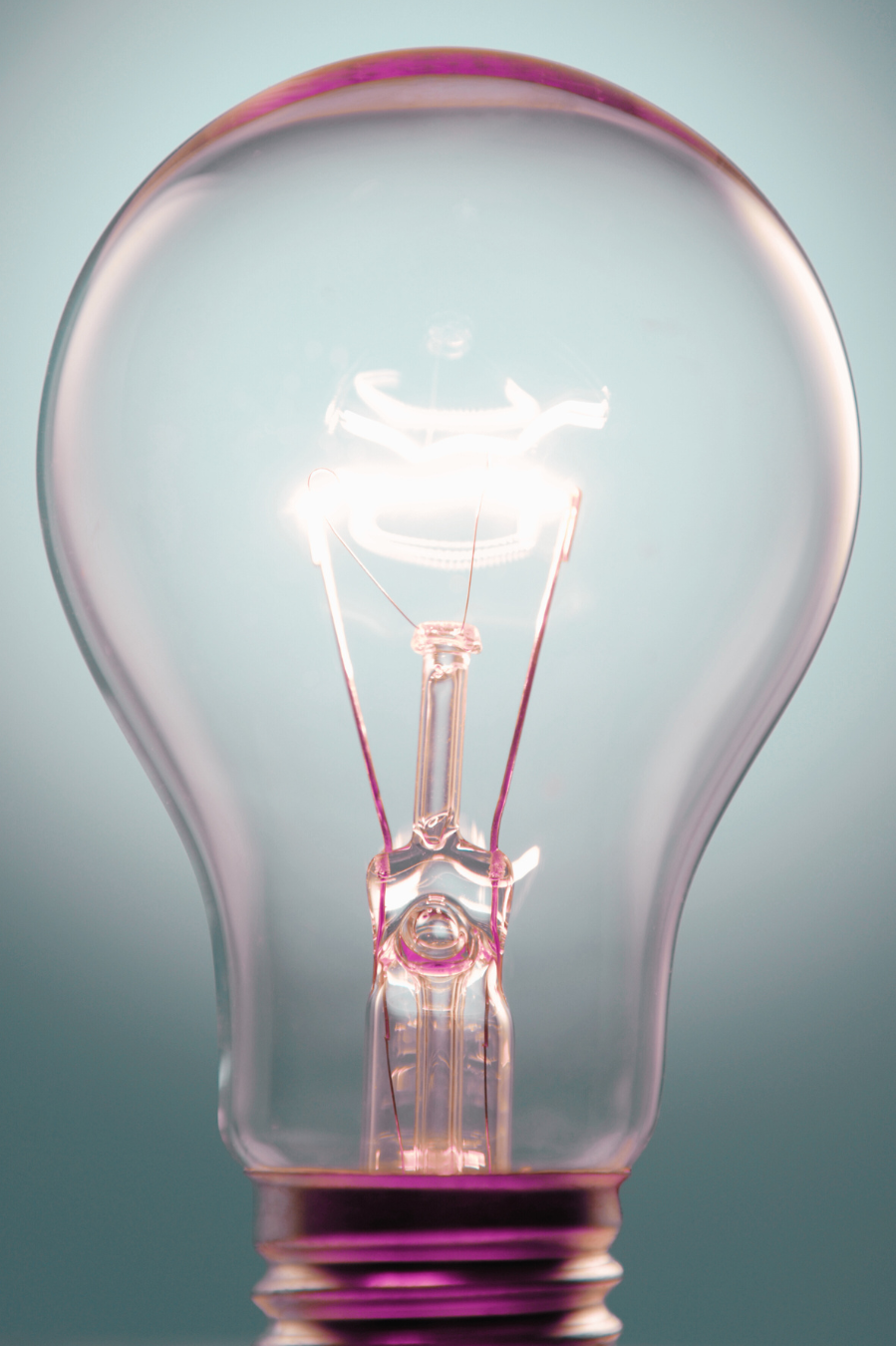AuDHD late diagnosis: the power of connection, community & coaching
When I first started exploring my own neurodivergent identity as an autistic and ADHD adult, it began with disbelief and cynicism. Surely, I would have known this sooner than now. Surely, your forties is too late to start thinking that you might be neurodivergent. I was exploring the possibility of my daughters’ neurodivergence, and it seemed too much of a coincidence that so many of the traits I was noticing in them also applied to me.
The light-bulb moment came when I learned how highly heritable both ADHD and autism are. That realisation was honestly a hugely defining and deeply emotional moment in my life. There was a mix of relief, confusion, and, frankly, a fair bit of frustration.
Throughout my adult life, I have struggled repeatedly with anxiety, insomnia and depression, particularly post-natal depression. As a child, I was a daydreamer, a thumb-sucker, and a dawdler, but ultimately a good girl, good student, and high achiever. However, perfectionism, procrastination, and people-pleasing were consistently present and took a huge amount of energy causing overwhelm and ultimately burnout.
Following my light-bulb moment, I began to learn more about both ADHD and autism.
Many of my life experiences suddenly started to make sense. That began a period of hyperfocus to learn everything I could in order to make sense of my experiences. Even with full psychiatric assessment, formal diagnosis, and all this learning, something was still missing. What I really needed was a space to make sense of it all, for me. I needed connection with other neurodivergent people who get it. I needed to find my community. Through my coaching journey, I was lucky enough to find both.
My coaching journey began in 2023. I first learned about ADHD, then autism, and then about coaching as a supportive, collaborative, forward-looking process between coach and client. I am now a certified coach, certified ADHD Coach, and certified Neurodivergent Inclusive Practitioner. I am currently completing the ILM Level 7 Executive Coaching & Mentoring Diploma and working towards EMCC Senior Practitioner Accreditation, due for completion in 2026.
Kindred Neurodiversity and my Kindred Ethos were born out of a desire to create the kind of space and support that I would have benefited from during my exploration of neurodivergence. I first came across the term ‘Kindred Spirits’ in the novel Anne of Green Gables by L. M. Montgomery. The book was one of my childhood favourites, with Anne’s longing and endless search to find others like her who accept her for all that she is.
For me, the Kindred Ethos isn’t a set of exercises or a step-by-step program. It’s a foundation, a way of being in relationship with myself, my clients, and our shared work. Every letter represents a value that guides the atmosphere, priorities, and intentions of my practice:
Knowledge
Striving to honour curiosity and continual learning, about neurodivergence, lived experience, and each person’s unique narrative.
Identity & Insights
Holding space for the unfolding of authentic selfhood, supporting the recognition and celebration of each client’s distinct identity, and the wisdom of their insights.
Nurturing & Neuroaffirming
Bringing a nurturing, compassionate presence to every session, infusing my work with deep respect for neurodivergent needs and the importance of neuroaffirming spaces.
Discovery
Approaching coaching as a collaborative exploration, embracing the unexpected, and making room for growth, new strategies, and gentle experimentation.
Recognition
Making it a priority to acknowledge effort, growth, and lived realities, valuing both visible achievements and quiet acts of self-advocacy.
Empathy & Empowerment
Aiming to embody genuine empathy, welcoming all feelings and perspectives without judgment. Encouraging clients to seek empowerment through embracing their personal strengths.
Direction
While I support goal-setting and forward movement, I’m guided by each client’s own values, pacing, and sense of purpose—always client-led.
These values underpin everything I do in my coaching practice.
My approach to ADHD and neurodiversity coaching within my Kindred ethos is to create a safe and supportive space to help individuals explore their neurodivergent profiles through exploratory conversation, psychoeducation, and tailored exercises.
Together, we can explore their unique strengths profile, sensory profile, executive functioning, and experiences with Rejection Sensitive Dysphoria (RSD): the anxious expectation or intense emotional (and often physical) response to real or perceived criticism, judgment, or rejection.
What truly drives me is seeing the light-bulb moments with clients who have an emerging awareness of neurodivergence and need support while considering or awaiting assessment; it is also about increased confidence in those who are newly diagnosed and want to build awareness and acceptance of their neurodivergent identity. It’s also about supporting reconnection to self for those who have been through a major life change (personal, professional, hormonal, bereavement, etc.) and need help building new practices to thrive.
As the neurodiversity community grows, my hope is to keep building spaces where people can come together to create connections and learn together about neurodivergence. I am always growing and adding to my resources page and bookshop and I am exploring ways to create support beyond 1:1 coaching, including online peer support circles.
If you’re reading this and feel like you identify, my invitation is this: let’s connect. Let’s explore whether coaching could help you or whether peer support circles might be for you. There is space for your story, your strengths, and your success.





